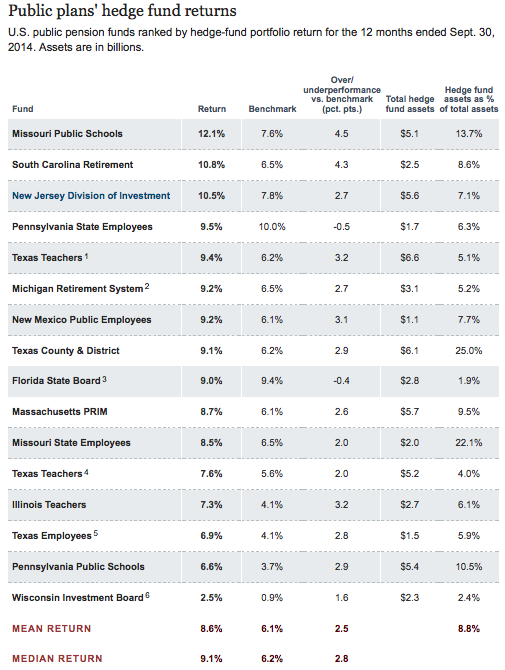Massachusetts Governor-elect Charlie Baker says he will push for more transparency and openness from the MBTA retirement fund.
Baker’s statements come days after it was reported by the Boston Globe that the pension fund posted its annual report a full year late; the fund also waited a year to disclose troubles at a hedge fund that held pension money. The hedge fund is now shutting down in the wake of civil fraud charges brought against its executives.
From the Boston Globe:
The incoming Baker administration will press for greater openness at the MBTA retirement fund and encourage it to operate more like other pensions for public workers, a spokesman for Governor-elect Charlie Baker said Monday.
“The governor-elect wants to protect the pensions of hard-working MBTA employees and feels greater transparency and disclosure could help the pension board make better investment decisions,’’ the spokesman, Tim Buckley, said in a statement. Given the significant investment of taxpayer dollars in the MBTA, he said, Baker “feels it is appropriate to explore ways to align the MBTA pension board’s investment practices with those of other public pension boards.”
[…]
Baker’s spokesman declined to offer specifics on how he might tackle the issue. The pension fund is organized as a trust and in 1993 won a Supreme Judicial Court ruling that it does not have to make records public, hold open meetings, or follow the ethics rules of public agencies.
[…]
A governor’s main leverage with the MBTA pension fund is indirect. Governors get to appoint people to the seven-member Department of Transportation board, which in turn sends three “management” appointees to the six-member T retirement board.
Read more Pension360 coverage of transparency issues at the MBTA fund here.
Photo by Marissa Babin via Flickr CC License








